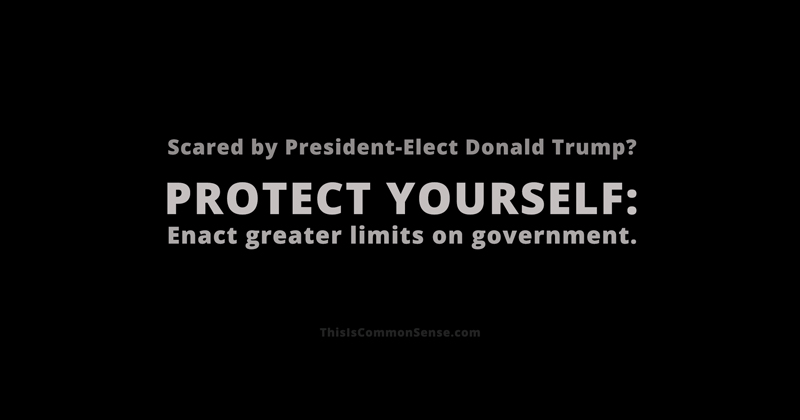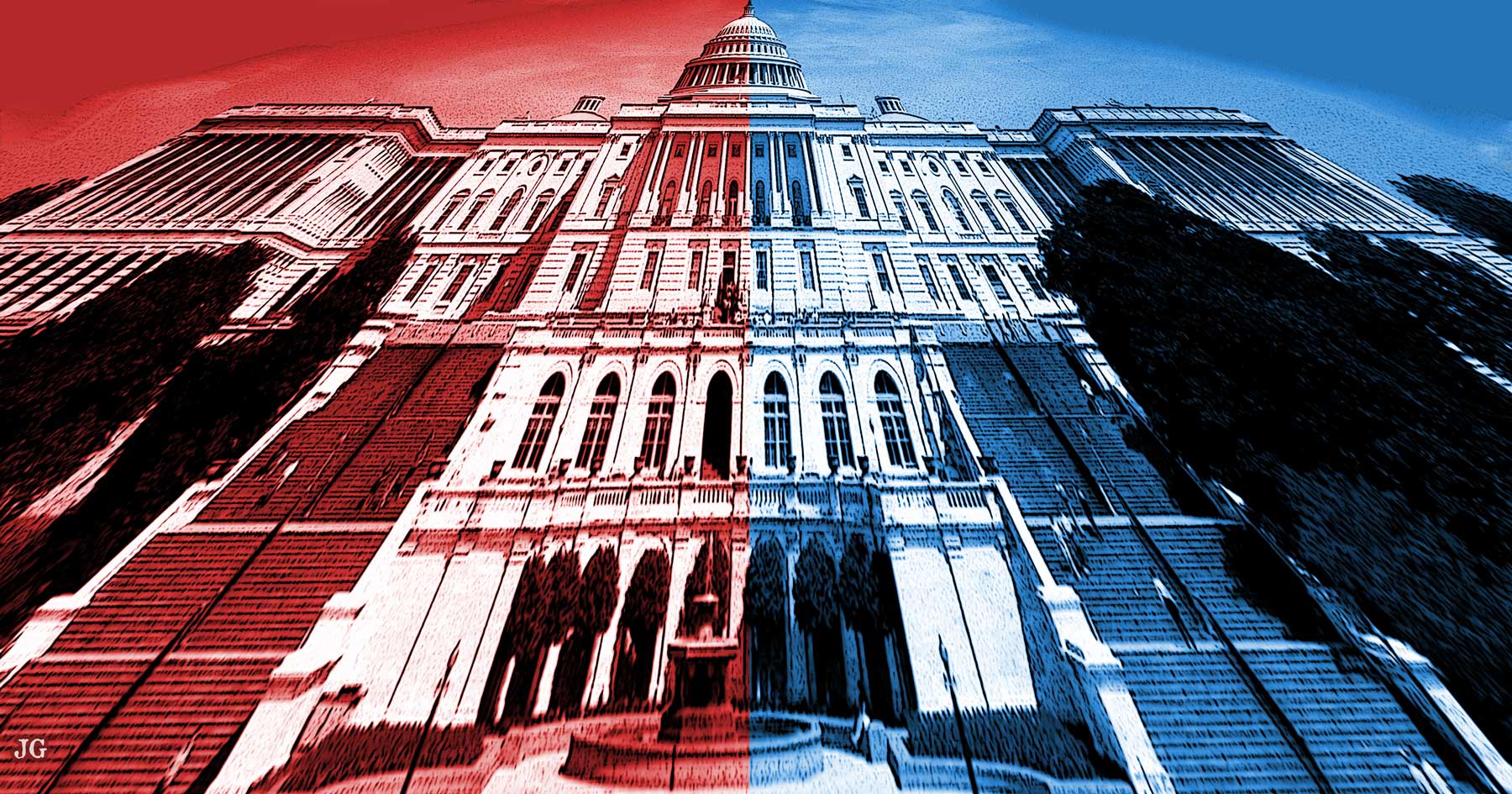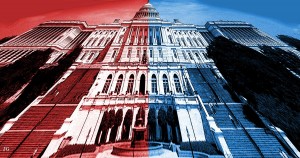“If Libertarian Gary Johnson doesn’t win the presidency,” I posted to Facebook last Monday, “I’m leaving the country.”
Well, Johnson didn’t win. And I wasn’t kidding. I’m writing this from a Parisian café.
Of course, I was also tongue-in-cheek, since — spoiler alert! — I am coming home next week.
This week, I’m speaking at the Global Forum on Modern Direct Democracy in San Sebastián, Spain — a gathering of pro-initiative folks from all over the world. We want people’s votes to count, even if we disagree with their candidate or issue.
Which brings us back to Donald J. Trump’s surprise victory. Protests have broken out in several cities — some violent. And some folks say they’re scared of what Trump may do as president. Sure, one can snicker at these fearful responses as liberal whining. And to the extent they’re talking about university professors canceling tests and coddling “traumatized” students . . . well, no argument here.
Still, I don’t just sympathize when I hear people fear a politician with power, I empathize.
For a long time, I’ve been worried by out-of-control presidential power — from unconstitutionally making laws through executive orders to making war without any real check on that power. Scary. Whether that president is George W or Obama or Hillary or Trump.
Government is a monopoly on force. Therefore, by definition, government is frightening.
Democracy is often an antidote to tyranny, a check on power, but not always. That’s why folks who truly appreciate democracy believe in individual rights that transcend any vote-getting public decision mechanism.
Scared by President-Elect Donald Trump? Protect yourself: enact greater limits on government.
This is Common Sense. I’m Paul Jacob.
Questions Answered:
Is fear a natural byproduct of government?
Which presidential powers lack sufficient checks and balances?
What is more important: individual freedom or democratic decision-making?
Is democracy a check on power or an enhancement?
The Next Question:
How do we go about creating greater limits on political power?












